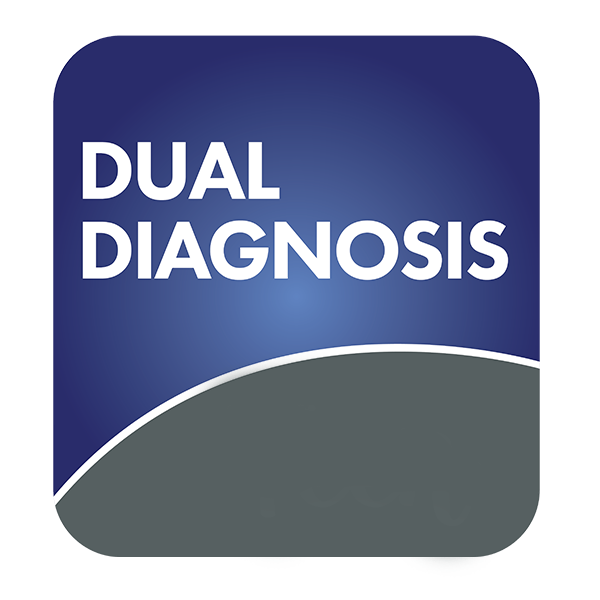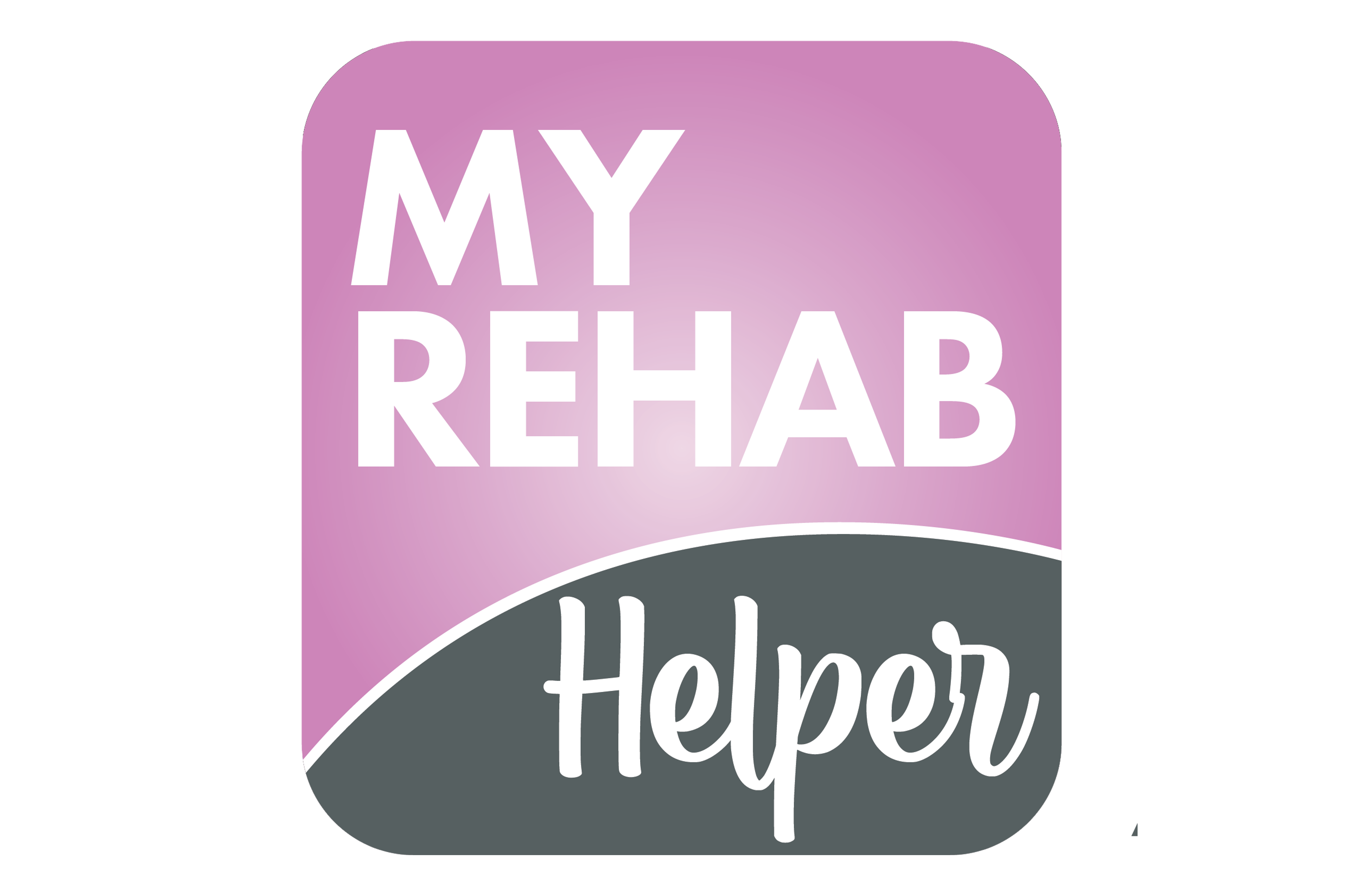In recent years, scientific research has shed light on the intricate ways in which our bodies and minds are interconnected. One area of growing interest is the relationship between emotional pain—such as loneliness and grief—and the body’s physical pain system. Understanding this connection can provide valuable insights into how we experience and manage emotional suffering.
#### The Neuroscience of Social Pain
Neuroscientists have discovered that social pain, which includes feelings of loneliness and grief, activates the same neural pathways as physical pain. This phenomenon is primarily associated with the anterior cingulate cortex (ACC), a region of the brain that plays a critical role in processing both physical and emotional pain. When we experience social rejection or loss, the ACC lights up in a manner similar to when we suffer from a physical injury.
This neural overlap is not merely a coincidence. Evolutionarily, humans are social creatures who rely on connections with others for survival. Being ostracized or losing a close bond would have historically posed significant threats to an individual’s well-being and survival. As a result, the brain evolved to treat these social pains with the same seriousness as physical pain, ensuring that individuals remain motivated to seek out and maintain social bonds.
#### The Impact of Loneliness on Physical Health
Loneliness is not just a fleeting emotion; it has profound implications for our physical health. Chronic loneliness can lead to a host of adverse health outcomes, including:
– *Increased Stress Levels*: Loneliness triggers the body’s stress response, leading to elevated levels of cortisol, a stress hormone that can impair immune function and increase the risk of chronic diseases.
– *Inflammation*: Prolonged loneliness has been linked to increased inflammation in the body, which is a known risk factor for conditions such as heart disease, diabetes, and arthritis.
– *Sleep Disturbances*: Lonely individuals often experience poor sleep quality, which further exacerbates physical and mental health problems.
#### Grief and Its Physical Manifestations
Grief, the deep sorrow that follows the loss of a loved one, also takes a significant toll on the body. People experiencing grief often report symptoms that mimic physical illness, such as:
– *Chest Pain*: Often referred to as “broken heart syndrome,” grief can cause intense chest pain that resembles a heart attack.
– *Fatigue*: Grief can lead to profound fatigue and a lack of energy, making everyday tasks feel insurmountable.
– *Weakened Immune System*: The stress of grief can weaken the immune system, making individuals more susceptible to infections and illnesses.
#### Integrative Approaches to Healing
Given the strong link between emotional and physical pain, addressing loneliness and grief requires a holistic approach that considers both mental and physical health. Some effective strategies include:
– *Social Support*: Building and maintaining strong social connections is crucial. Support groups, therapy, and community activities can provide much-needed emotional support.
– *Mind-Body Practices*: Techniques such as mindfulness meditation, yoga, and deep breathing exercises can help manage stress and improve overall well-being.
– *Professional Help*: Seeking the guidance of a mental health professional can be invaluable. Therapists can offer coping strategies and therapeutic interventions to help individuals navigate their emotional pain.
– *Healthy Lifestyle Choices*: Regular exercise, a balanced diet, and adequate sleep are essential for maintaining physical health and managing stress.
### Connection Between Loneliness, Grief, and Addiction
#### Genetic Predisposition and Addiction
Research by the American Psychological Association (APA) indicates that genetic factors play a significant role in an individual’s vulnerability to addiction. Specific genetic predispositions can make some people more susceptible to addictive behaviors. When a person with such a genetic predisposition experiences intense emotional pain, like loneliness or grief, they may be more likely to turn to substances as a coping mechanism. This is because the distress caused by social pain activates neural pathways associated with physical pain, and individuals may seek relief through substances that alter brain chemistry to mitigate this pain.
#### Dual Diagnosis: The Intersection of Emotional Pain and Addiction
The concept of dual diagnosis refers to the co-occurrence of substance use disorders and mental health disorders, such as depression or anxiety. Loneliness and grief can exacerbate underlying mental health issues, creating a vicious cycle where emotional pain drives addictive behaviors, and addiction, in turn, intensifies feelings of loneliness and grief. Addressing both the emotional and addictive components is crucial for effective treatment. Integrated treatment approaches that consider the interplay between genetic predisposition, emotional pain, and substance use are essential for promoting recovery and long-term well-being.
By understanding these connections, healthcare providers can better support individuals struggling with both emotional pain and addiction, offering more comprehensive and effective treatment plans.

